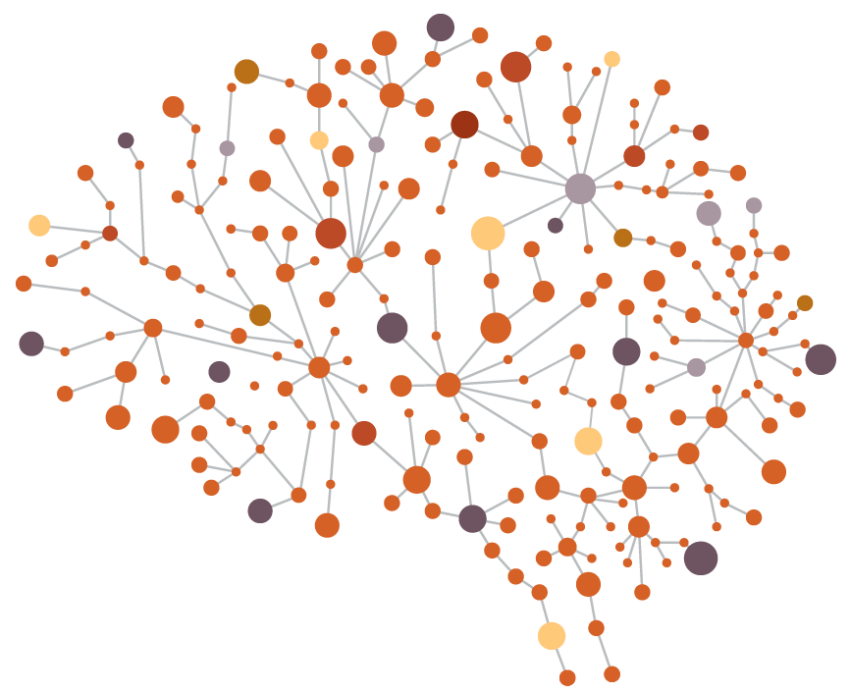An international team of researchers — including faculty of UT Health San Antonio — analyzed information from more than 94,000 individuals to arrive at new findings about the underlying causes of Alzheimer’s disease, including five new genes that increase Alzheimer’s risk.
The meta-analysis, which combines and reevaluates data collected by four consortia that make up the International Genomic Alzheimer’s Project (IGAP), appeared in the journal Nature Genetics on Feb. 28.
“I am very grateful to the neurology working group in the CHARGE consortium, which is one of the four pillars of IGAP,” said Sudha Seshadri, M.D., professor of neurology at UT Health San Antonio and founding director of the university’s Glenn Biggs Institute for Alzheimer’s and Neurodegenerative Diseases. “I am the principal investigator of this group that includes large NHLBI [National Heart, Lung and Blood Institute] studies: the Framingham Heart Study, the Cardiovascular Health Study and the Atherosclerosis Risk in Communities Study, as well as large European groups such as the Rotterdam Study and Fundacio ACE in Barcelona, Spain. Colleagues from all these groups were in San Antonio this week for the South Texas Alzheimer’s Conference.”
This unprecedented project, funded in part by the National Institute on Aging (NIA) and other components of the National Institutes of Health (NIH), scrutinized more genetic data than any other study of Alzheimer’s disease to date. Collaborative data sharing enabled the scientists to discover five novel genetic variants or changes that influence the risk for Alzheimer disease.


